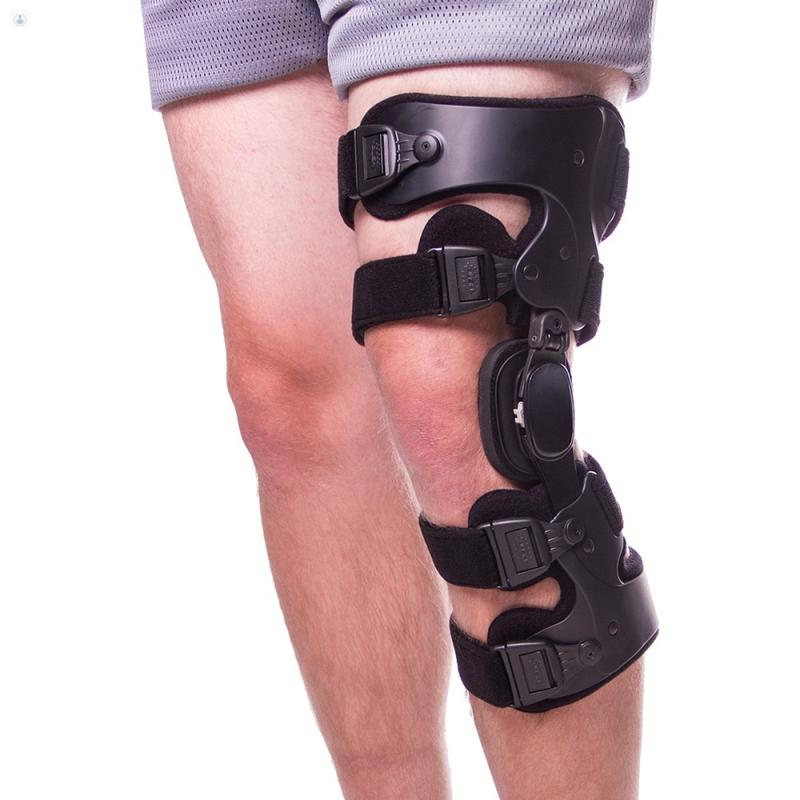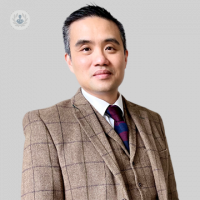Unloader knee brace: taking the pressure off
Written by:The unloader knee brace is a specialist brace used to reduce the pressure on one side of the knee. It is designed to offload pressure from the knee joint to the thigh and shin bone. It is a very powerful device and if used appropriately can delay or even help you avoid a knee replacement. There are many unloading braces in the market, they all work slightly differently. So be aware and read the following professional advice from leading orthopaedic surgeon Professor Paul Lee for making the right choice.

Which patients would most benefit from using a knee brace?
The patient who has worn out either the inside or the outside of the knee joint would find the brace very useful. That is what is commonly referred to as uni-compartmental knee osteoarthritis. However, if both sides are worn out the unloading brace will not work. Patients with malalignment of their legs often benefit the most as the brace will help realign their legs.
Will I still need knee surgery at some point?
It depends on the severity of the disease and the amount of alignment we are trying to correct. From the long term study published in the British Medical Journal, we have shown that patients who used the brace for more than 2 years are unlikely to progress to needing a knee replacement. The brace has muscle regulatory and training effect, it can help the patient to reduce the need for knee replacement. Sometimes if the patient feels that the brace is too bulky, bone correction surgery called high tibial osteotomy can be performed to correct the leg alignment and reduce pain.
How often does the brace need to be worn?
Initially, we recommend the brace to be used during the day actively and it will take three to six months to get used to. After that patients tends to find their own rhythm and know when it can benefit them. As the effects are mechanical, patients usually notice the benefit very soon. Alternatively, some patient chose to only wear them during sporting activities. It is very useful in golf, tennis and hill walking.
Are there any side effects (e.g. pain, loss of mobility) associated with its use?
Depending on the shape of the leg, the brace may not fit properly and slide down. There are extra strapping and fittings available to help reduce slippage. Although it is unusual, some patients skin can have a reaction to the material of the brace. If that is the case a sleeve may be used to avoid skin contact.
Do you see a bigger market for joint support braces evolving in the future?
Bracing technology is constantly improving. The digital wearable technology will become more common and build into the brace in the future. Other new material will be able for us to design lighter and more comfortable device for patients. Other active materials such as activated carbon and germanium have already been used in some of the sleeve product. There is certainly space to grow in the bracing technology.


